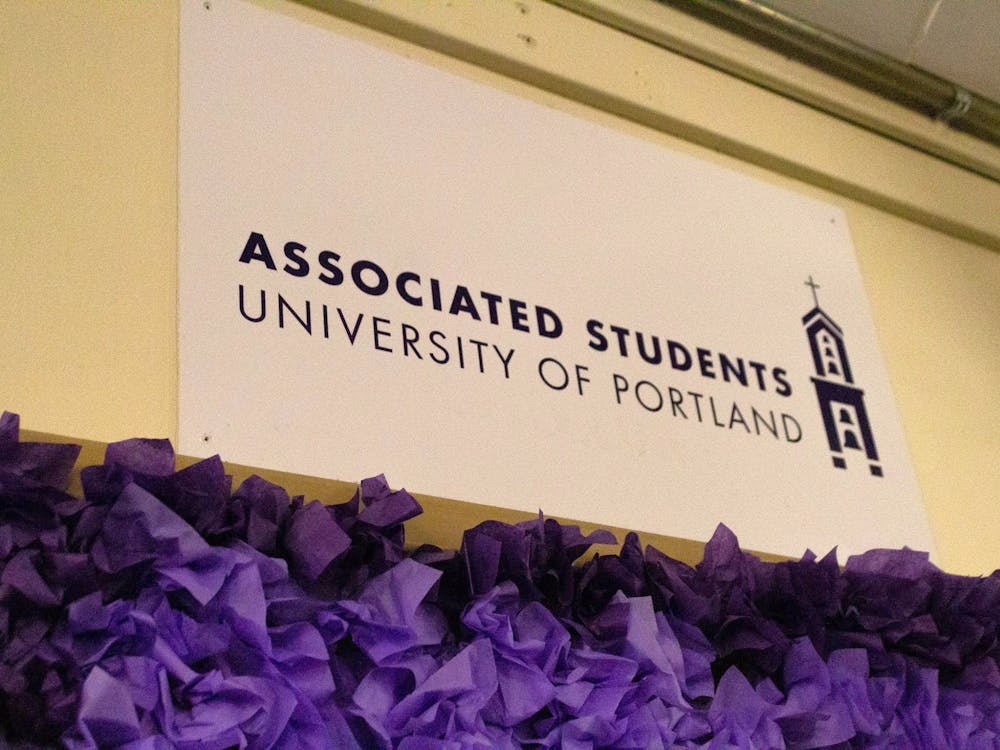How much time should I dedicate weekly towards this term project? How does my car know when to trigger the check-engine light? Why would anybody wait in that gigantic line at the Commons when there’s two open registers for other food?
It’s random questions like these that constantly engage my mind with some of the most forgotten or miniscule things we routinely come across.
First of all, yes, I’m an engineer. I find value in the ways that questions, ranging from small to complex, can initiate problem solving, testing and redoing of possible solutions.
I find that, despite what others might find impossible or unrealistic, there are virtually endless ways to approach a problem as long as there is enough time and effort to invest in the issue. But that’s exactly what we struggle with in such a busy world today: time.
As a college student, I find myself constantly looking ahead at what work needs to get done in my busy course load. All too often this redundancy of working the late hours of the week and enjoying the time that I get on the weekends steals time for ingenuity or creativity outside of my engineering classes.
I see myself going through the motions at times when I’m looking ahead to the next break from school or checking what week we are at in the semester.
I recently did an activity in one of my classes called mind mapping. In our case, my classmates and I were imagining various career paths we might pursue based on our personal interests or characteristics.
It began by writing one characteristic or interest in the center of the page. Then, deviations of that were branched off to the sides and terms and associations for those were then branched off with the others and so forth.
By the end of the exercise, I had various bubbles around the map that contained many other career paths where most of them had almost nothing to do with the original path I started with at the center.
Take an interest in sports, for example. What are associations with sports? Athleticism, commitment, teamwork, practice, and many more. What are jobs or opportunities then associated with the teamwork characteristic? Maybe working in a lab, being an engineer, or being a reporter at a news outlet where you’re communicating with your editors daily.
All of a sudden I could now see how simply putting in the time and effort to develop the map had given me insight into the various other careers I could see myself pursuing.
In many ways, I see the process of asking questions analogous to mind mapping. By asking questions about the questions that relate to a general issue or problem, not only can ingenuity be sparked, but a wide range of solutions are also generated.
For example, if your car doesn’t start, you might question why. Maybe the starter is bad. What caused the starter to fail? Maybe the relay for it went bad. How can we improve the internal components of the starter to serve the life of the car longer?
All of a sudden, questioning the bigger problem, which doesn’t have to exclusively apply to just engineering, has led to branches of innovative problem solving.
Regardless of the situation, let’s all try to pay attention to some of the little things in life that are taken for granted or ignored on a daily basis. Who knows — maybe questioning what others overlook might take you down a curious road of beneficial problem solving for those around you and yourself.
Michael Lang is a reporter for the Beacon. He can be reached at langm24@up.edu.
Have something to say about this? We’re dedicated to publishing a wide variety of viewpoints, and we’d like to hear from you. Voice your opinion in The Beacon.








